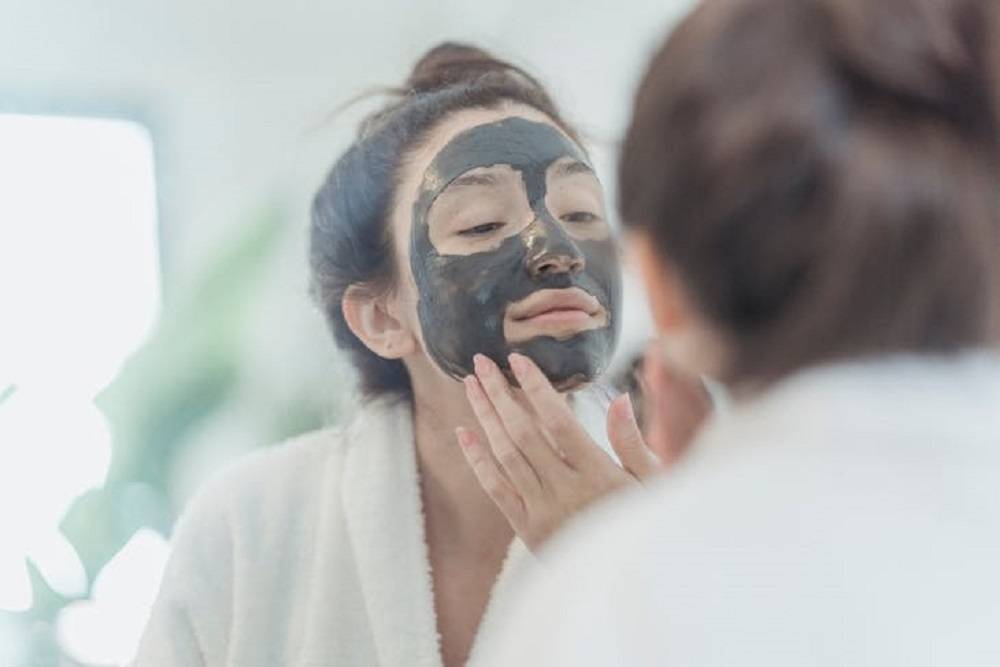The relationship between self-confidence and psychological well-being in relation to beauty and appearance is complex and multifaceted, influenced by various factors such as societal standards, personal beliefs, and individual experiences. While beauty standards and cultural norms may shape perceptions of self-worth and confidence, cultivating a positive self-image and prioritizing psychological well-being are essential for fostering genuine self-confidence and resilience.
One of the key determinants of self-confidence in relation to beauty is the extent to which individuals internalize societal beauty standards and compare themselves to unrealistic ideals perpetuated by media and popular culture. Constant exposure to airbrushed images and unrealistic portrayals of beauty can lead to feelings of inadequacy and self-doubt, undermining self-confidence and contributing to negative body image and disordered eating behaviors.
Moreover, experiences of discrimination and marginalization based on appearance, such as body shaming, weight stigma, and colorism, can further erode self-confidence and psychological well-being. Individuals who face discrimination or negative judgment based on their appearance may internalize societal biases and develop feelings of shame, self-consciousness, and low self-esteem.
However, self-confidence and psychological well-being are not solely determined by external factors or societal standards. Personal beliefs, attitudes, and coping strategies play a crucial role in shaping one’s self-image and sense of worth. By cultivating self-compassion, practicing self-care, and challenging negative self-talk, individuals can develop a more resilient mindset and nurture a positive relationship with their appearance.
Furthermore, seeking support from mental health professionals, counselors, or support groups can be instrumental in addressing underlying issues related to body image, self-esteem, and psychological well-being. Therapy modalities such as cognitive-behavioral therapy (CBT), mindfulness-based interventions, and body-positive therapy approaches can help individuals develop healthier attitudes towards beauty and appearance and build resilience against societal pressures and external judgments.
